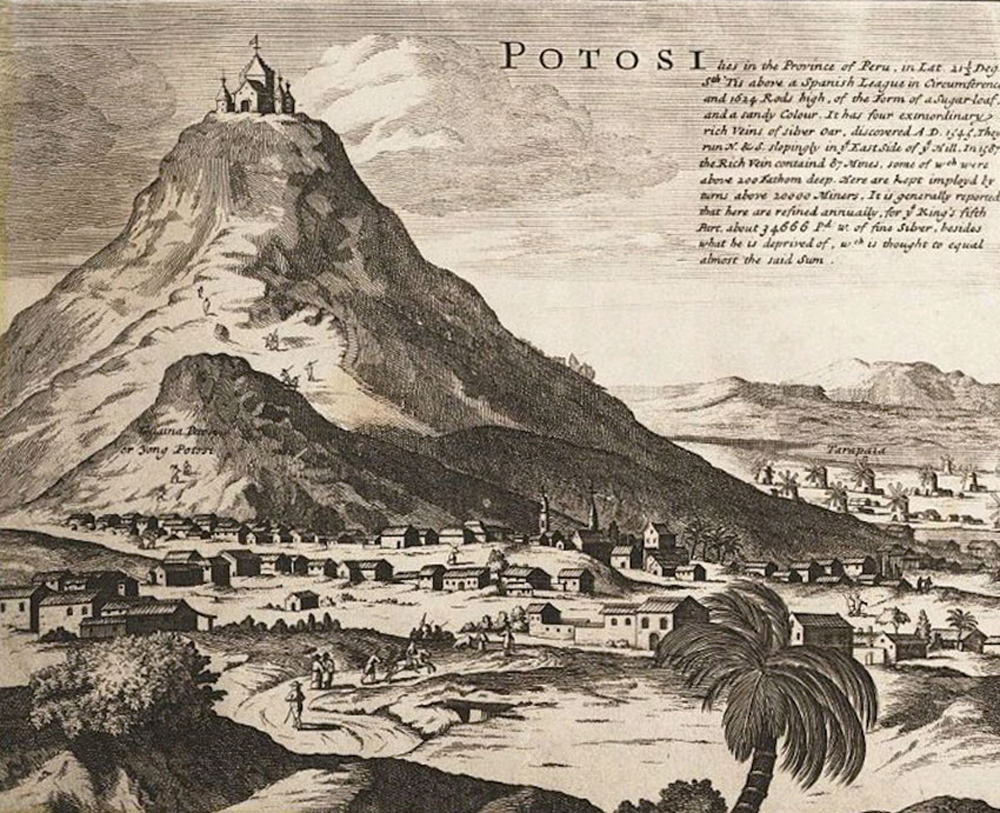
- Born 8 June 1622. At that time, in the city that was part of the Peruvian Viceroyalty, the Basque Juan Urbieta was murdered and a war broke out between Vicus and Basques. The alpargatas were Spanish, mainly Castilian, Andalusian and Extremadura, and were thus called to wear hair caps from this animal.

Potosi is located on the slopes of Cerro Rico (Sumaq Urqu). And Cerro Rico was then filled with silver. About 60 years before the conflict began, they began to exploit silver minerals and from the beginning, the Basques were the protagonists of this business. In the words of the chronicler of Potosí Bartolomé Arzans of Ursua and Vela (1674-1736), 80 of the 132 wits of the valley were in the hands of “that nation”, that is, the Basques. Facilities and machines for the extraction of silver were called engineering. Thus, despite being a numerical minority, economic power and, therefore, political power was also in the hands of the Basques.
The twins tried, peacefully at first, to break what Arzans themselves defined with the words “Basque hegemony”. But when the Basques once again won the Potosí Cabildo elections in 1622, they decided to go another way.
The day after the death of Juan Urbieta by Bikuin, the Basques took to the streets to avenge the murder. In the words of Arzans, “dividing in his language those who do not respond in Basques die!”, that is, they would kill everyone who does not speak in Basque. However, that extreme language policy was not effective. In contrast, the number of vasco-speakers decreased; by March 1624, the deaths were 64 compared to the Basques. Bikuin had more experience in war issues and it seemed they would win the conflict.
But the twins started to split and, therefore, weakened and the Basques finally remained united. Finally, after three years of confrontation, looting and desertion, general forgiveness was declared on 19 April 1625. The technical draw did not represent any change and, in practice, the superiority of the Basques on the playing field was maintained.
The following year, on March 15, 1626, Potosi's ingenuity was destroyed by the floods.